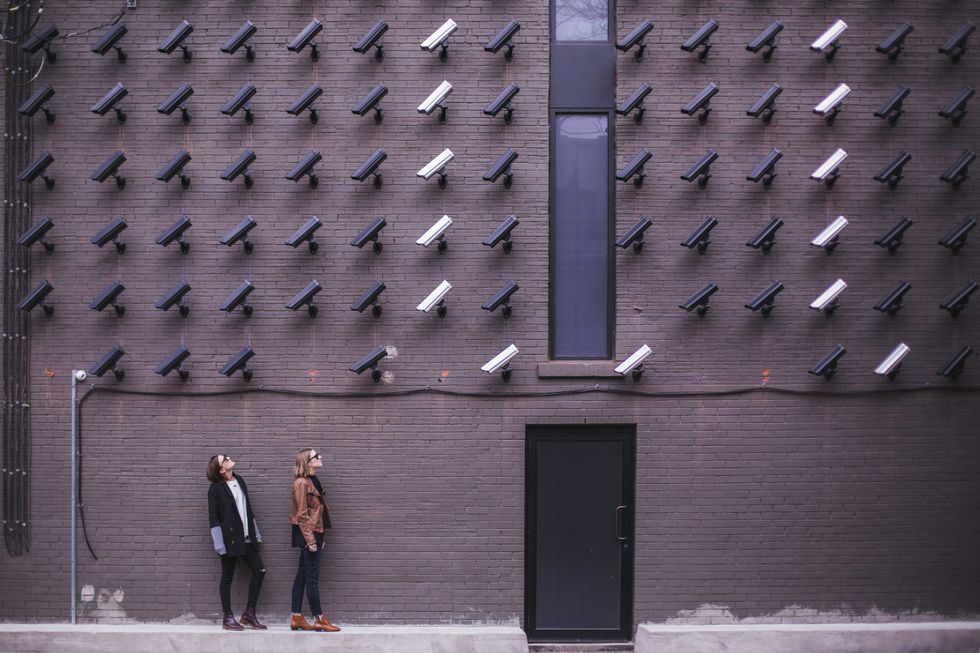As we leave the days of tech-free living behind and embrace newer applications of technology in modern society, we start to face an entirely new wave of moral dilemmas regarding the intended use of these innovations.
Who, for instance, should have access to the latest technology, and how can we manage the use (and abuse) of such technology when it's out of the public's control? Most importantly, how can we as public citizens retain our individual privacy in this digital age?
The following are some of the ways your privacy is being hindered by the technological developments surrounding you:
1. Government Surveillance
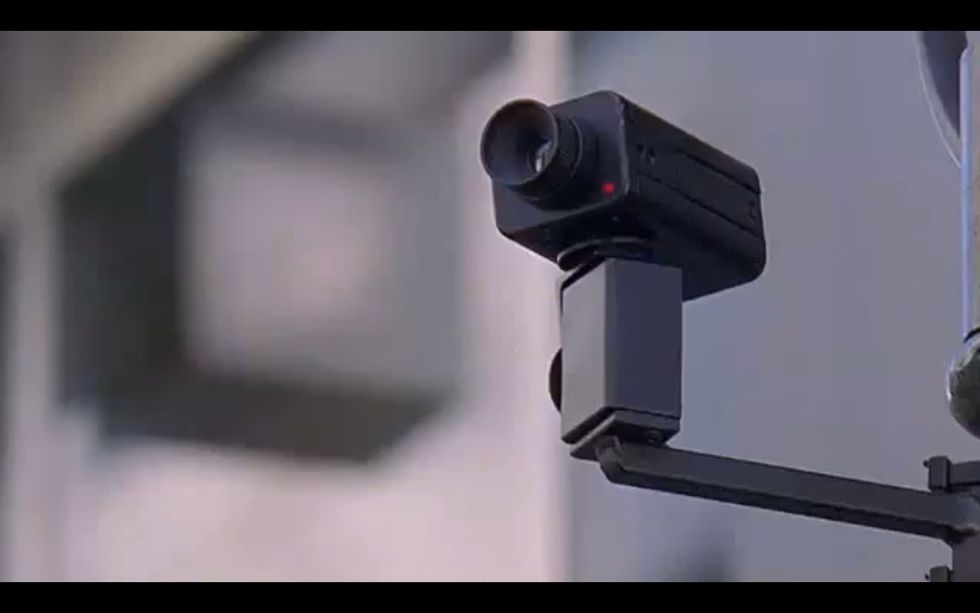
Recent years have seen a rapid increase in public distrust for the government and skepticism over how much control it possesses over its citizens.
Of course, there's the widely memed NSA surveillance of American citizens, along with the many controversies of government surveillance that dominate the news boards worldwide. Most notably, the UK government has cracked down on its surveillance system to the point where it now has one CCTV camera for every 11 civilians. The UK is currently the world leader in getting creepily spied on, with China being up there in the ranks as well.
Skynet is real, my friends.
2. Smartphones
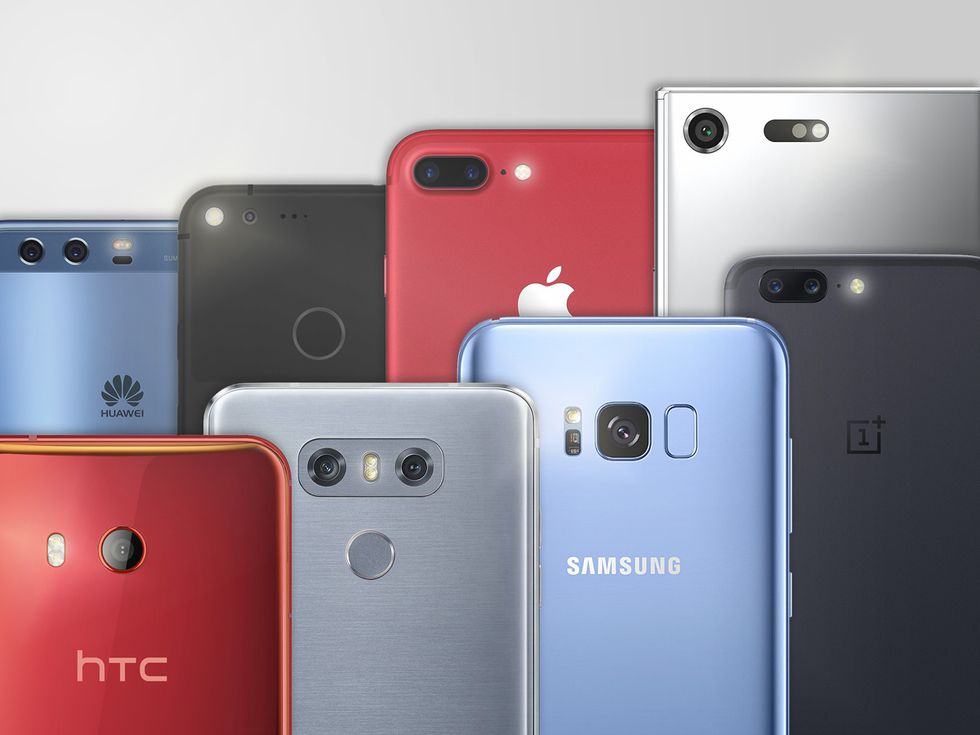
If you're reading this on your phone, the thought of your smartphone as a surveillance mechanism might have struck you with a sense of self-consciousness.
What might surprise you about this terrifying reality is that it's actually not your smartphone camera impeding on your privacy, but the information your "smart" phone stores within itself. The implication of this worrying fact is that just about anyone's smartphone could be used to access their physical movements, searches, and practically any other action.
As smartphones become more advanced and consolidate even more of our daily tasks, these metal boxes we lug around might prove a real threat to our privacy, and our safety, too.
3. Social Media
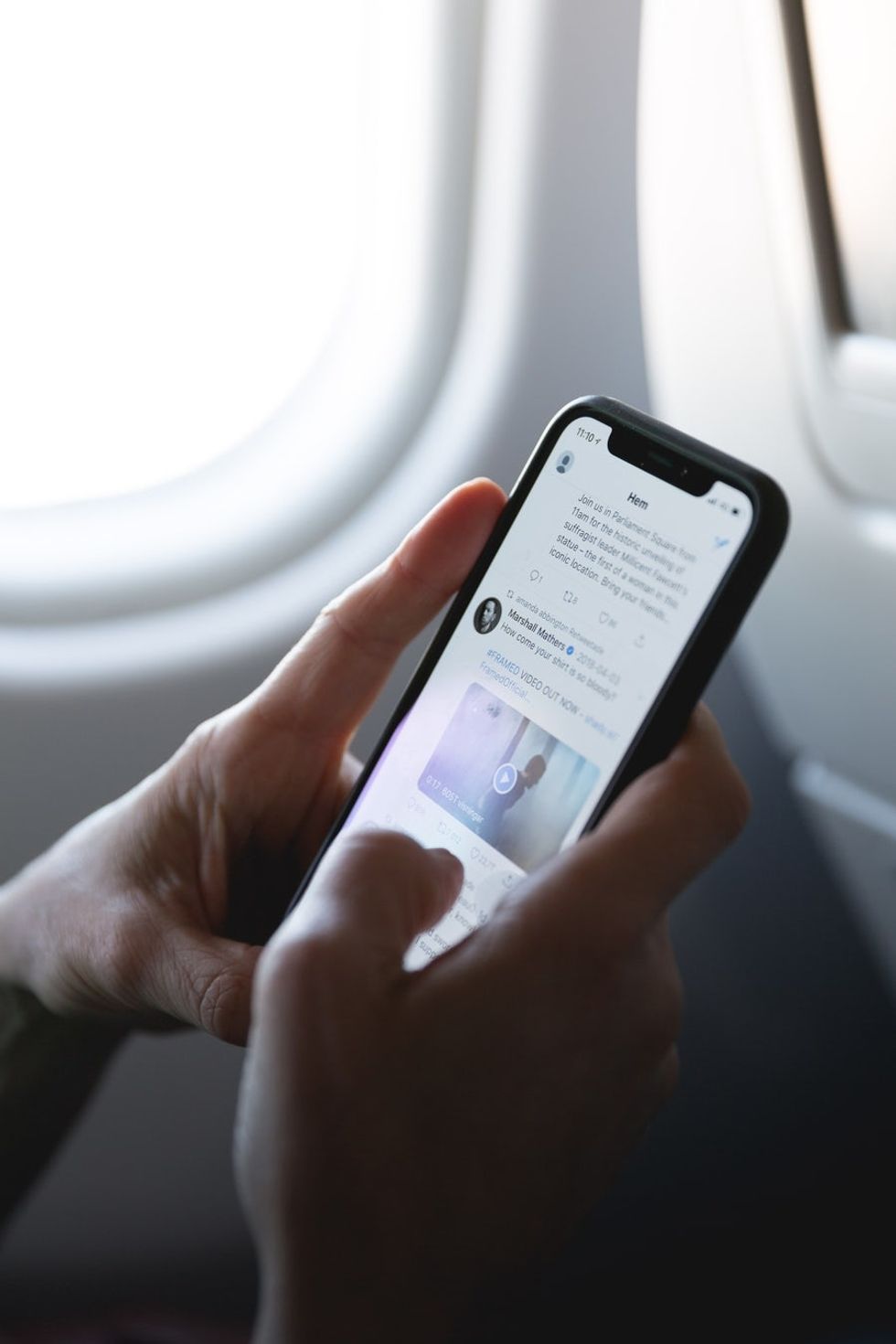
It's well-known among Internet-users that just about anything you post publicly could come back to haunt you, but what many seem to forget is just how open their "private" communications are to outside eyes.
It's entirely possible and legal for the government to monitor both your social media posts (private accounts included) and your private messages, all without the need for a warrant. Maybe be careful of what you say in your group chats, since there might be a lonely government official on the other end trying to relive his youth through you.
That's an oddly specific and random example, but it's certainly possible.
4. Supermarket Loyalty Programs
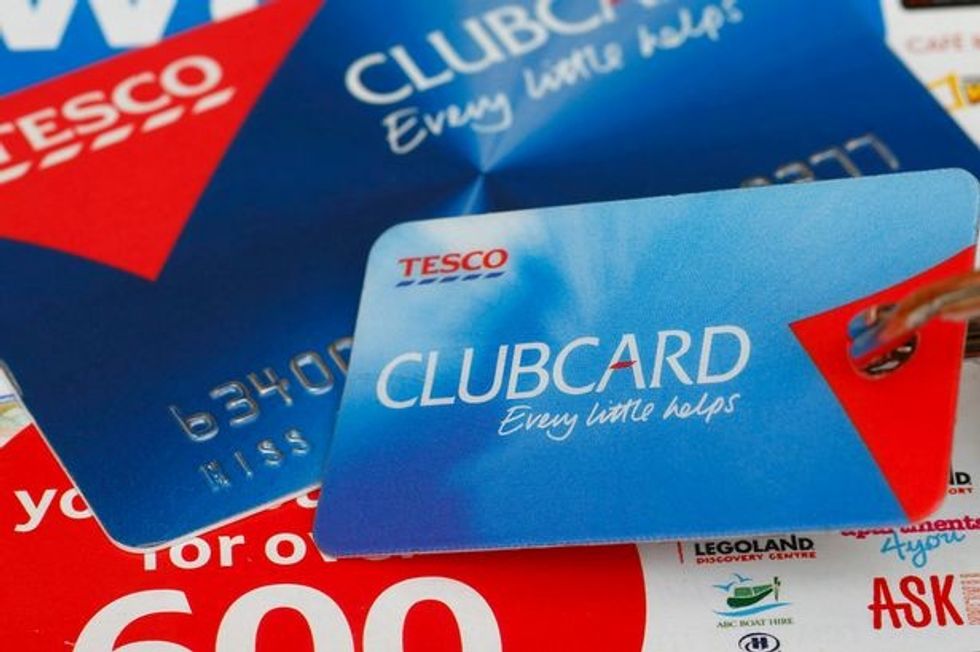
This one sounds like a joke, but it's actually a shocking example of how much access private corporations have to our everyday lives.
Supermarkets use these loyalty cards to monitor their consumers' purchases and then advertise special deals based on their activity and interests. While this might seem benign at first glance, this collection of consumer data opens up many unforeseen risks for information breaches and even more government monitoring.
The UK government, for example, has tried to use supermarket loyalty data to monitor shopping habits in order to more effectively combat national obesity. It's ironic that the programs in place to reward our loyalty to certain brands might be just how they're breaching our trust.
5. Internet Searches
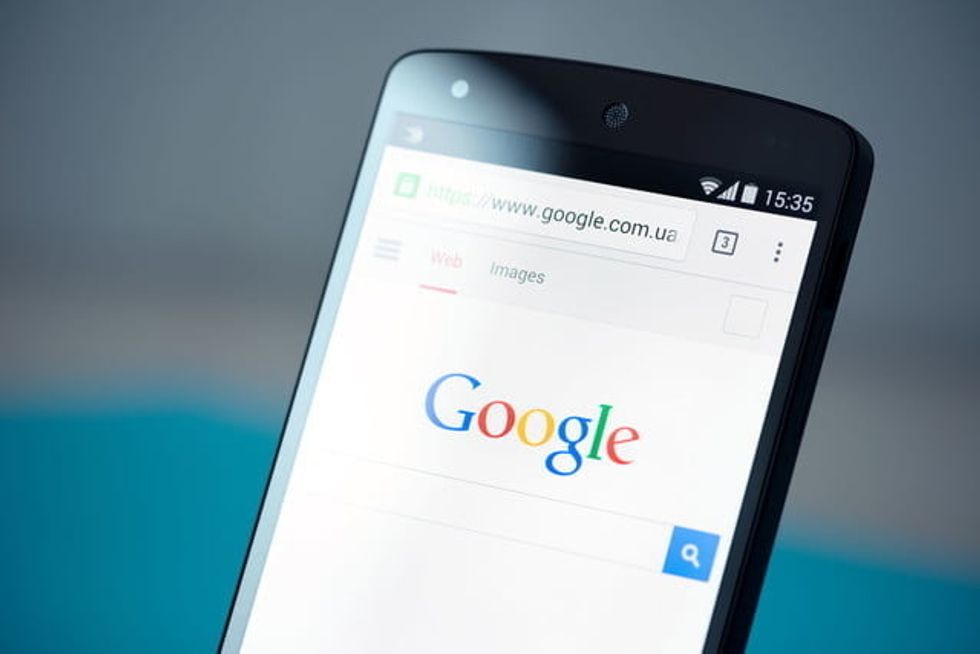
Guess it's time to start going incognito. Each one of your searches on Google or Bing (probably Google, though) is actually stored in the engine's database, where it can be accessed by the government at any time without your knowledge.
Here in the US, the PATRIOT Act grants the government certain permissions over civilian privacy that supposedly help it to combat terrorism. The Act allows for the government to monitor civilian searches and web history, giving them a great deal of personal information you probably wouldn't want getting into the wrong hands.

